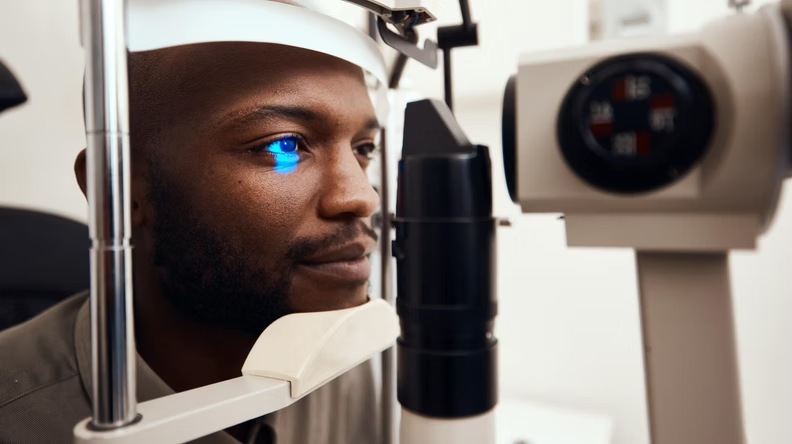Dermatitis, encompassing various skin conditions characterised by inflammation and irritation, remains a prevalent concern for countless patients. While dermatologists hold the key to diagnosis and treatment, collaboration with other healthcare professionals and effective patient education is crucial for optimal outcomes.
This article explores how collaborative and informed approaches can significantly impact the lives of patients suffering from dermatitis.
Why Collaboration Matters:
Dermatitis, particularly complex cases, often intersect with other health conditions such as allergies, gut health issues, and even mental health concerns. This necessitates a multidisciplinary approach. Dermatologists can collaborate with:
-
Allergists: Identifying allergy triggers that contribute to skin flares.
-
Gastroenterologists: Exploring potential links between gut health and skin issues.
-
Mental health professionals: Addressing the psychological impact of chronic skin conditions and managing stress, a known aggravating factor.
-
Primary care physicians: Ensuring coordinated care and managing overall health factors influencing dermatitis.

Empowering Patients through Education:
Beyond medical collaboration, patient education plays a vital role. We can achieve positive outcomes by actively empowering them with knowledge about their condition, triggers, and self-management strategies. This includes:
-
Understanding different types of dermatitis: Aiding in early recognition and seeking appropriate medical attention.
-
Identifying personal triggers: Recognising and avoiding factors that exacerbate their condition.
-
Understanding proper skincare practices: Learning techniques to soothe irritated skin and maintain a healthy barrier.
-
Managing stress effectively: Implementing stress reduction strategies as stress can worsen dermatitis symptoms.
-
Communicating effectively with healthcare providers: Asking questions, sharing concerns, and actively participating in their treatment plan.
Impact on Patients and Specialists:
This collaborative and patient-centred approach leads to the following:
-
Improved patient outcomes: Reduced flares, better symptom management, and improved quality of life.
-
Enhanced diagnostic accuracy: Early identification and appropriate treatment plans.
-
Reduced healthcare costs: Early intervention and improved management prevent unnecessary tests and treatments.
-
Greater job satisfaction for specialists: Seeing patients improve and feeling supported by a collaborative team.
Moving Forward:
By fostering collaboration and prioritising patient education, we can significantly improve the lives of dermatitis patients. Let’s embrace a team approach and empower patients to participate actively in their health journey.
Reference










